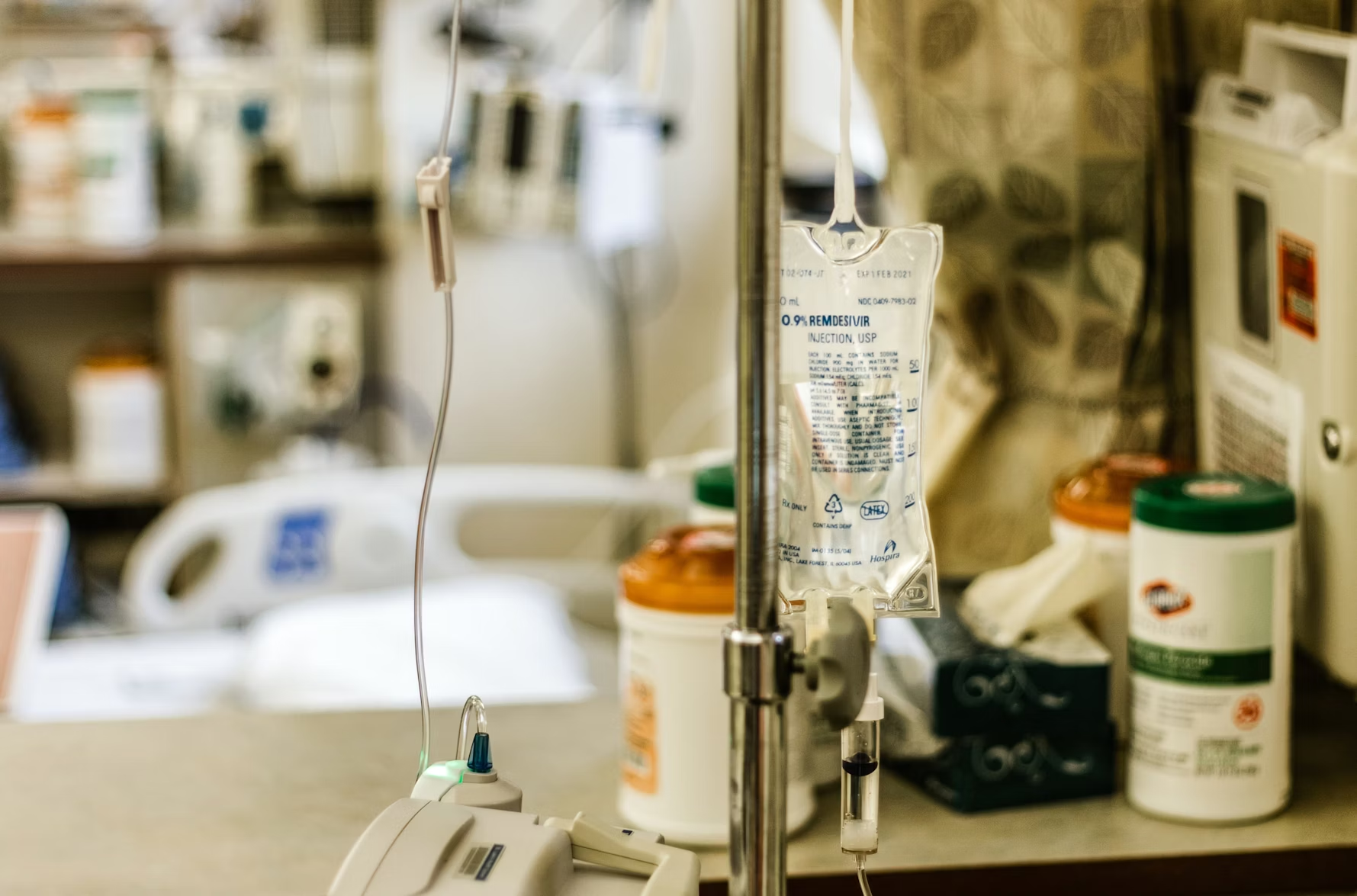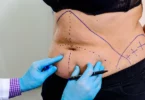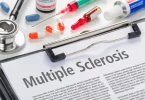ADHD or ADD is a disorder that affects a person’s brain and behavior. Although there is no known cure for the condition, there are several ways one can manage the symptoms. The treatment can either be therapy or medicine or a combination of both. In most cases, one method alone cannot treat the condition effectively. Below is a discussion of some of the treatment options for ADHD.
Medication
Medication is a crucial part of ADD treatment. However, finding the right drugs for a patient often takes some trial and error. For instance, whatever drugs work at first may not do so with time. The medicine can help the patient be less impulsive, learn and practice new skills, feel calmer, and concentrate better.
Some medicine requires the patient to start with small doses, then gradually increase until they find what dosage works. Additionally, the patient needs to see his doctor through regular follow-up to check for any side effects. That way, the doctor can advise whether to change or stop the medication.
Keep in mind that medication is not a cure but a tool that helps the patient manage the condition. That said, the treatment continues as long as it is helpful. Keep reading to learn about the available medicine for treating ADHD.
1. Methylphenidate
Methylphenidate is the most common drug for treating ADHD. The medicine is a stimulant and works by increasing brain activity, particularly the areas that control behavior and attention. It works for children above the age of five, teenagers, and adults. ADHD patients can take methylphenidate as either a modified-release tablet or an immediate-release tablet.
2. Lisdexamfetamine
This medicine helps by stimulating certain parts of a patient brain. The drug helps focus attention, reduces impulsive behavior, and improves a patient’s concentration. Lisdexamfetamine works for teenagers and children above the age of five.
For children, it gets administered if treatment with methylphenidate isn’t working. On the other hand, adults may take lisdexamfetamine as the first drug of choice instead of methylphenidate. It comes as capsules and is taken once per day.
3. Dexamfetamine
Dexamfetamine has many similarities with lisdexamfetamine and works in the same manner. It works for children above the age of five, teenagers, and adults. It comes as either a tablet or oral solution and taken once or twice a day.
4. Atomoxetine
Atomoxetine is a selective noradrenaline reuptake inhibitor. That means it works by increasing chemicals called noradrenaline in the patient’s brain. The noradrenaline conveys messages between brain cells, which increases its concentration and aid in impulse control.
It is an alternative if lisdexamfetamine and methylphenidate can’t help. It comes in a capsule taken twice a day and works for all people above five years old.
5. Guanfacine
Guanfacine is another medicine that can treat ADHD. It acts on a patient’s brain to improve attention. The drug is an alternative when it’s not possible to use lisdexamfetamine and methylphenidate. Also, it is not fit for adults but works for children above five years and teenagers.

Therapeutic ADHD Treatments
Apart from taking medicine, ADHD patients of all ages need therapy. This ADD treatment helps deal with additional problems associated with the condition, such as anxiety disorders. Some of these therapies that may apply are;
Psychotherapy
Psychotherapy helps a patient open up and speak about the effects of ADHD. People with ADHD often face difficulties with their peers and authorities. Through psychotherapy, a patient can be able to make sense of having ADHD. That way, he can explore his own behavior patterns and learn how to cope with the condition.
Behavior Therapy
Behavior therapy helps the patient monitor his behavior and change appropriately. In case the patient is a child, behavior therapy will involve parents and teachers. It consists of a system of rewards that encourages the patient to learn appropriate behavior.
First, the guardian identifies the type of behaviors they would like to encourage. The patient is then rewarded with small gifts for good behavior or denied some privilege for bad behavior.
Social Skills Training
If the patient shows any serious issues while dealing with the social environment, social skills training can help. As with behavior therapy, the aim is to teach new and socially accepted behaviors. A patient learns behaviors such as:
- Patiently waiting for their turn
- Asking for help
- Sharing
- Coping with teasing
Basically, it helps the patient work better with other people through taking part in role-plays. It also lets them know how their behavior affects others.
Behavioral Interventions
One of the biggest concerns when it comes to ADHD patients is whether they can succeed in school. This success largely depends on how organized the patient is. Since patients struggle with being organized, simple steps can help them immensely.
Building a Schedule
Set a schedule for them to follow every day. A daily schedule that contains wake-up time, playtime, mealtime, and bedtime will create a routine that the patient can adapt to with time.
Positive reinforcement
People with ADD often receive criticism from people around them. If they hear negative feedback only, they may start to think of themselves as unwanted. Positive comments go a long way in treating the condition.
Other Possible ADD Treatment Methods
Treating ADD requires a combination of formulas such as taking supplements and cutting down on certain foods. Some people find this method helpful. However, there is no evidence enough that they work, and the patient should not attempt without advice from professionals.
- Diet
ADHD patients should eat a healthy and balanced diet. Keep in mind that some types of food may worsen ADHD symptoms. For this reason, the patient should keep a record of what they eat and drink and the resulting behavior. However, they should not cut out certain foods before speaking to a medical professional.
- Supplements
Some studies suggest that taking supplements of omega-6 and omega-3 fatty acids could help manage the condition. It’s prudent for the patient to first talk to a professional before taking them because they may unpredictably react to the medicine. Additionally, some supplements could reach dangerous levels if taken for a long time.
Conclusion
Effective ADD treatment depends on several approaches, including early diagnosis. Proper treatments can help a patient manage the condition with much struggle. Remember, the medicines mentioned above have side effects and therefore you need a doctor’s prescription before using them.








